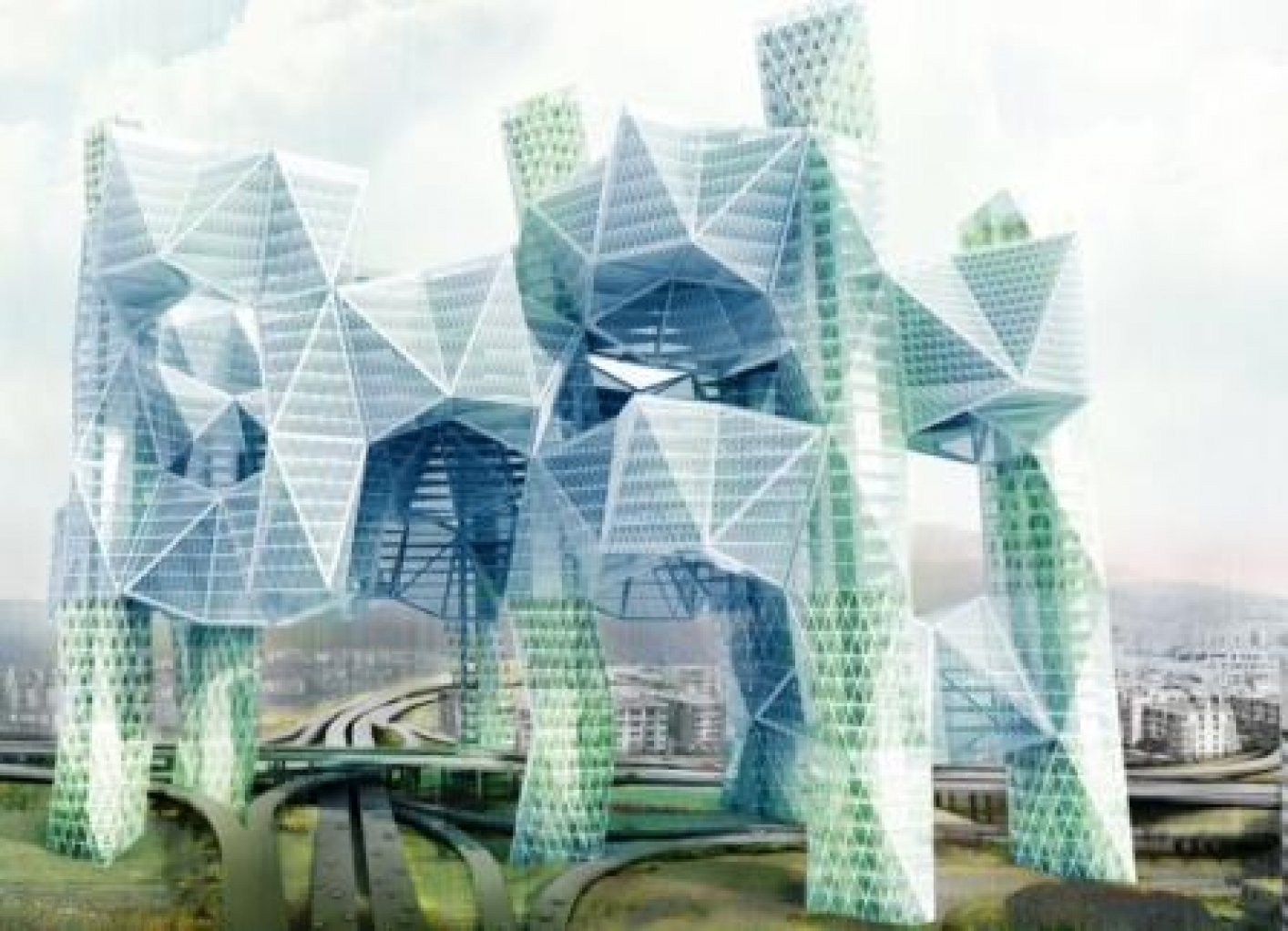
Why conduct a survey?
We hear about new inventions every day. Cross-disciplinary and multidisciplinary research seems to be accelerating the rate of technological progress. Some of these innovations, such as drones, 4D printing, synthetic biology and artificial intelligence, may bring about far-reaching changes in our lives and the environment in which we live. We should do more than simply allow such innovations to roll over us. At the very least, we should consider the possible implications of 3D printers, self-driving automobiles or lab-grown hamburgers. How can policymakers take such dramatic changes into account when the planning horizon for the physical environment is often quite lengthy? The main question addressed in the study is:
What impact might technological innovations have on the public and private domain in terms of healthy nutrition, efficient mobility and smart buildings?
Faster dynamics, closer interaction, increasing interconnection
The Council concludes in its survey that technological innovations are succeeding one another with increasing speed, and are interconnecting more and more. The Council foresees new and faster dynamics in technological advances, with closer interaction between technology and society. Innovations have a major impact on how we live and on social and moral values such as privacy and transparency, often before we have jointly given it careful consideration. The Rli believes that government should organise broader public debates, at an earlier stage, about the impact of innovations on our values.
Participation in networks
These dynamics challenge government’s ability to adapt. Government will need to participate in a different way in existing and new networks because that’s where the closer interaction between technology and society takes shape. It is no longer a matter of either the market or government. Government bodies, businesses, knowledge institutions, civil-society organisations, private individuals will all work together much more frequently within networks, and all will take the initiative and responsibility at various times.
Five pressing questions of policy
In its survey, the Council poses five pressing policy questions concerning: the public interest as regards the data infrastructure; the impact of data on values; the organisation of public debate; the impact of technological innovation on spatial planning and infrastructure; and the changing role of government.
Publication date
The Council has submitted its publication ‘Survey of technological innovations in the living environment’ Thursday January 22 to the Mr Henk Kamp (Minister for Economic Affairs), Ms Melanie Schultz van Haegen (Minister for Infrastructure and the Environment), and to Mr Stef Blok (Minister for Housing and the Central Government Sector).
Conference on ‘Connecting the Dots’ - 30 January 2015
So as to encourage discussion of the five policy questions, the Rli organised a conference at which participants were invited to contribute ideas, both live and online. On behalf of the Minister of Economic Affairs, the Secretary-General Maarten Camps took receipt of the digital magazine comprising the survey and will give an initial response.
Read more about the conference, speakers, presentations, video and photo's